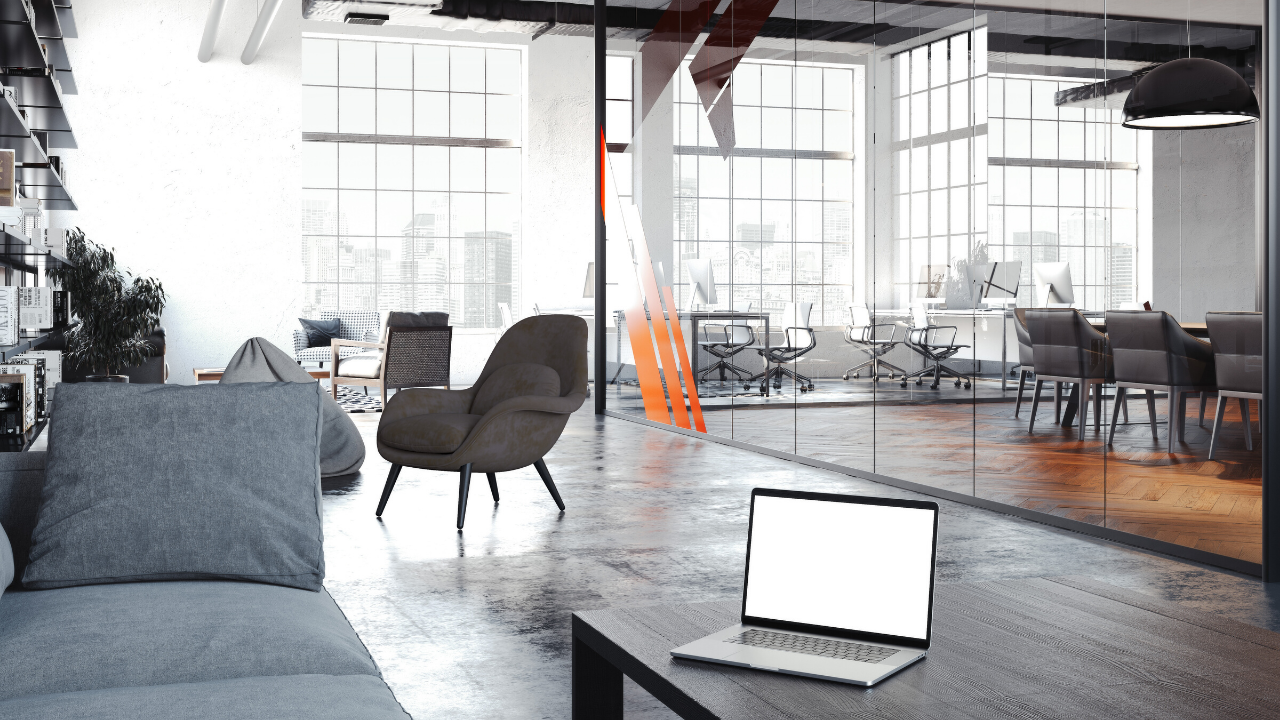Traditional offices once offered plenty of privacy through private offices and cubicles, but as work culture tries to fully adopt a collaborative environment, many have lost the opportunity to have a second alone.
It is important to socialize in the workplace of course, but boundaries should be set, especially in an age where information privacy is being highly debated.
Privacy at work is vital for a myriad of reasons. For one, new ideas should have the chance to be discussed, developed and tested among trusted colleagues before moving on to a larger group.
Privacy also fosters creativity. While brainstorming with a group can help boost creative ideas, quiet moments should also be reserved for reflection and focus.
With that, privacy is necessary for workers to properly focus as we live in a world where there are constant distractions.
Additionally, when workers have more of a choice in the workplace, they tend to be more engaged.
There are various forms of privacy including: acoustical, informational, visual and territorial. While everyone typically needs some sort of privacy, it is rare that they need all of these at once. This is why the best work environments adopt design that provides their workers with a choice to access the type of privacy they need.
Overall, privacy is vital in a properly functioning workplace. It enhances our productivity, but also respects our rights as humans.














